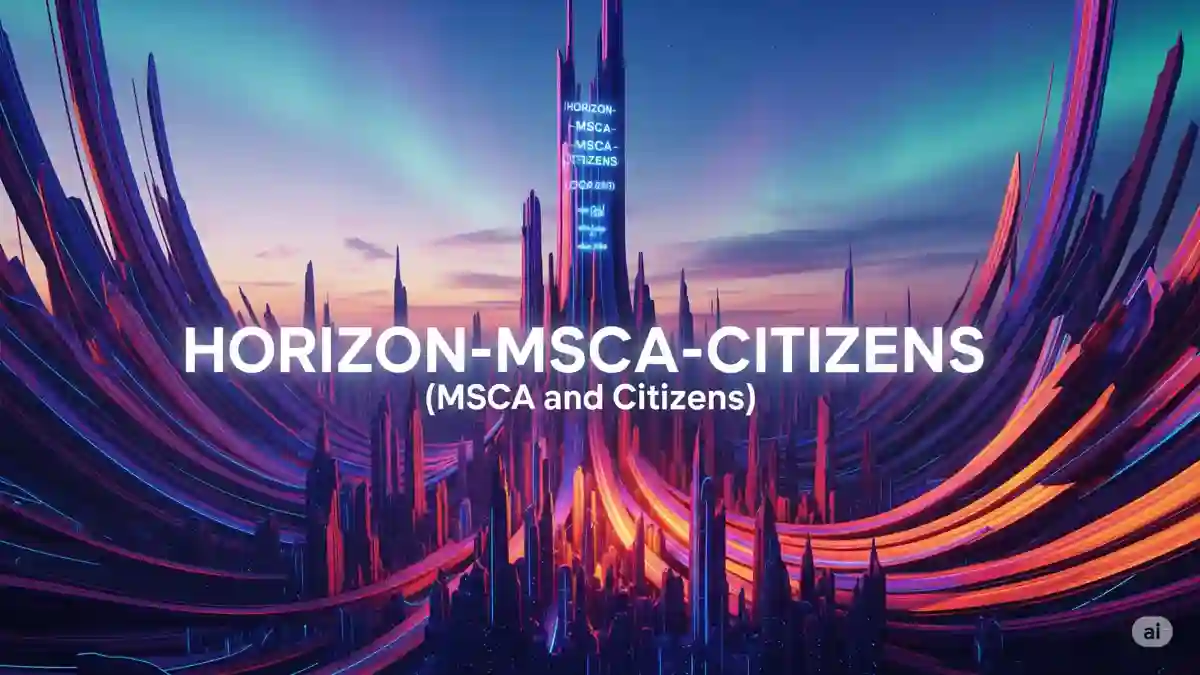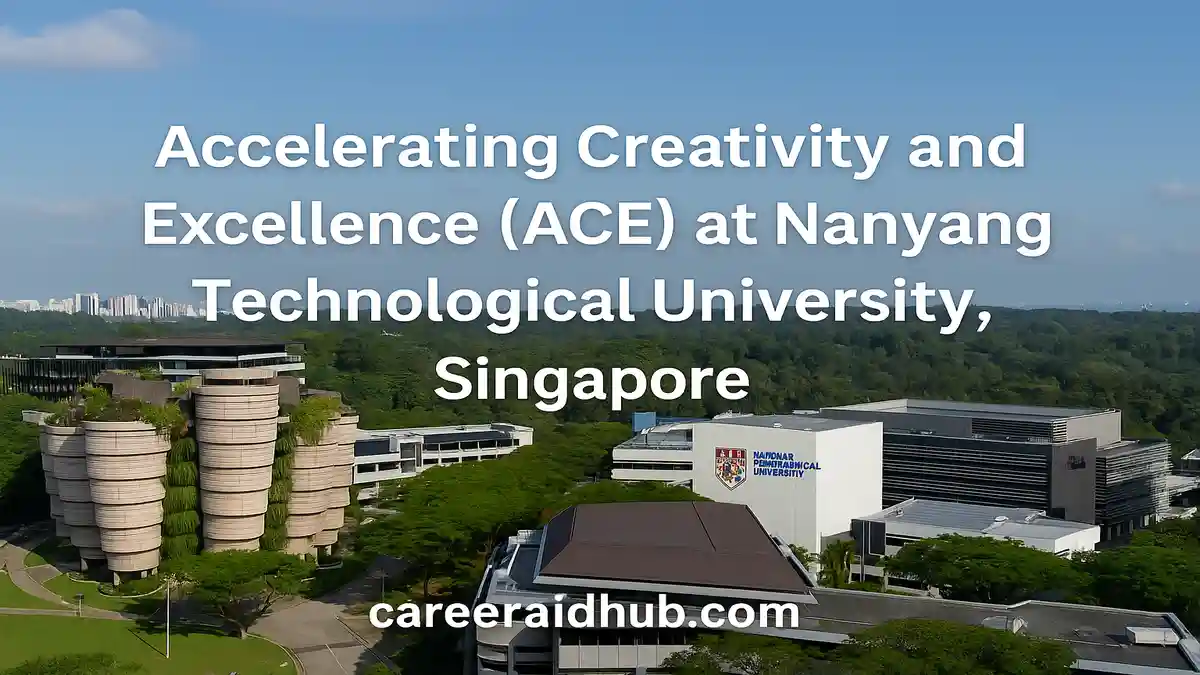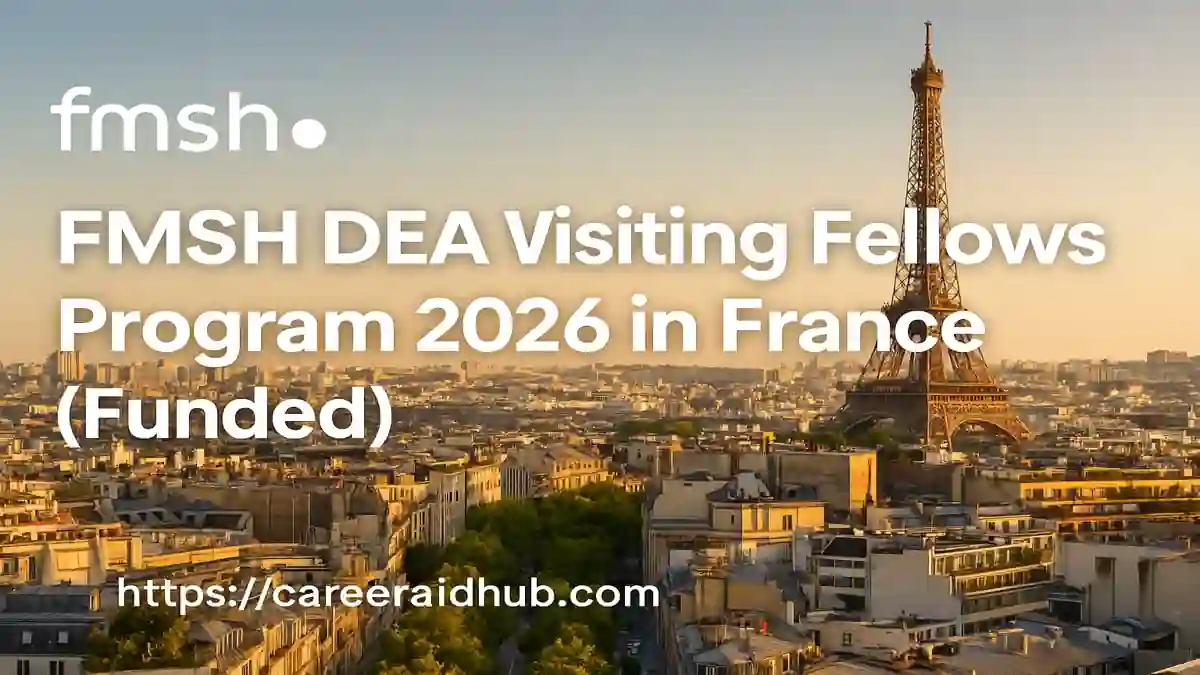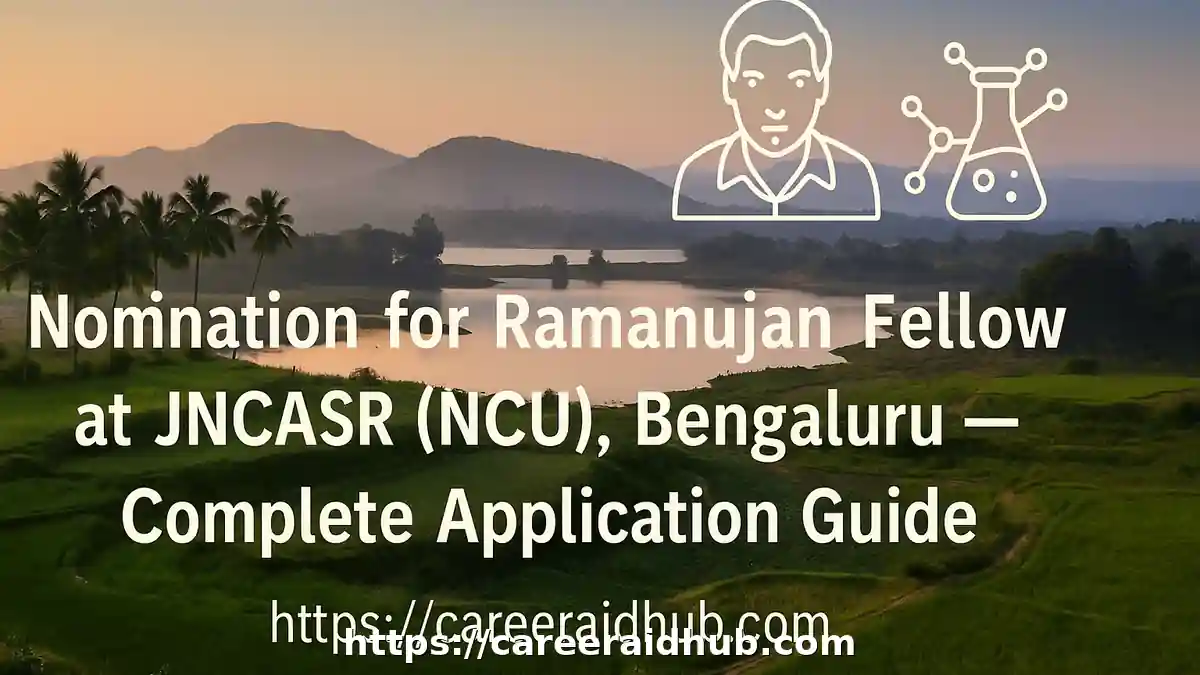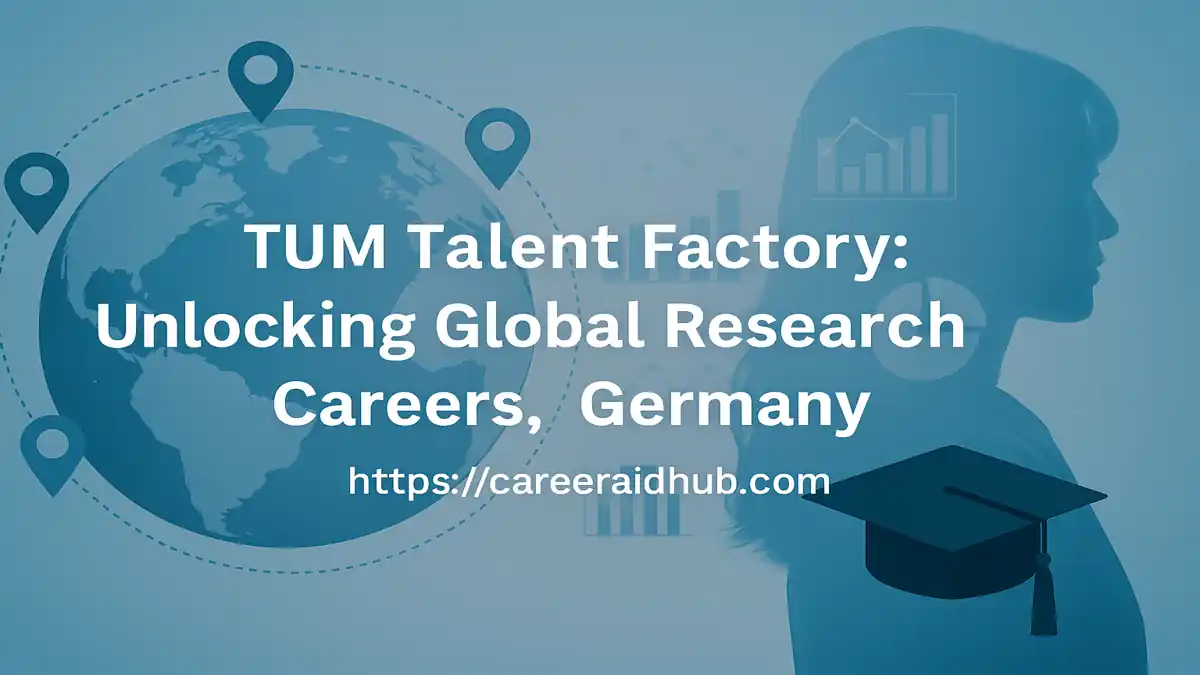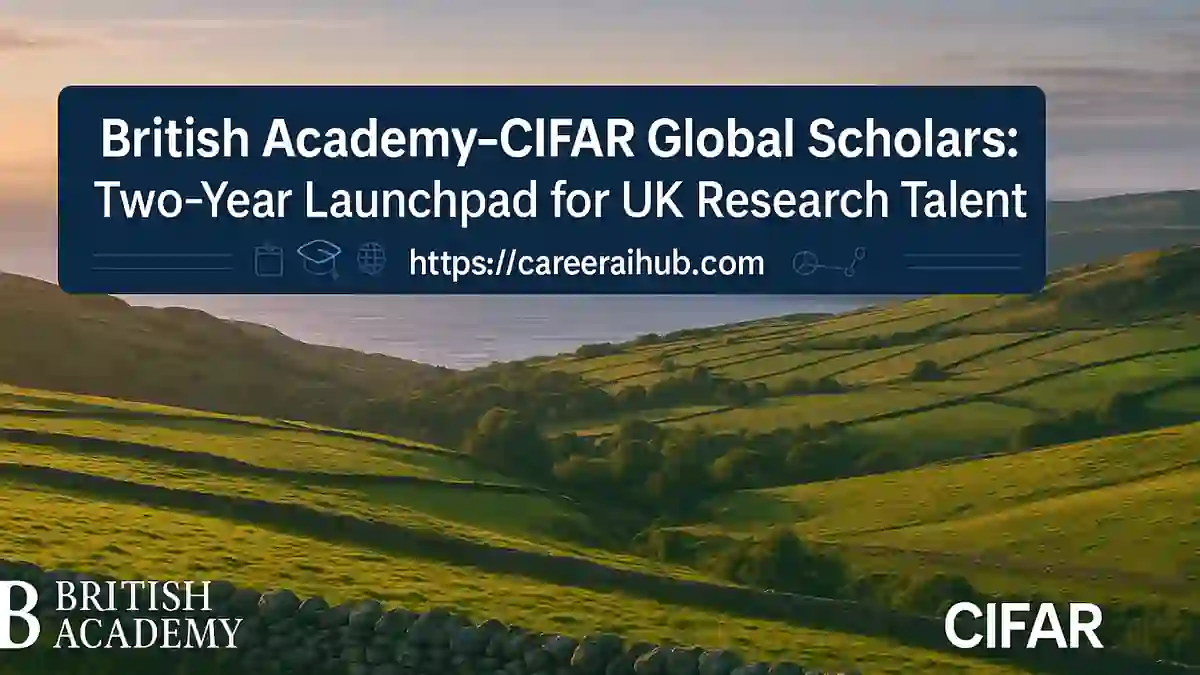The HORIZON-MSCA-2025-CITIZENS-01-01 call invites organisations to coordinate two consecutive editions (2026 and 2027) of the European Researchers’ Night together with Researchers at Schools programmes. As part of Horizon Europe’s MSCA and Citizens action, the initiative strengthens dialogue between science and society by pairing high-visibility public events with classroom-level engagement. The call opens on 17 June and closes on 22 October, and successful projects are expected to begin in early 2026. For authoritative scope, timelines, and submission requirements, consult the official EU Funding & Tenders topic page.
Apply now for HORIZON-MSCA-2025-CITIZENS-01-01 to host the European Researchers’ Night and Researchers at Schools initiatives in 2026–2027. This EU coordination and support action boosts public engagement with research through hands-on science events and school outreach. Get started and empower tomorrow’s researchers today.
Objectives and Scope
Bringing Research Closer to Citizens
This action prioritises broad, inclusive outreach so that citizens can encounter research as a lived experience. Consequently, it promotes hands-on European Researchers’ Night festivals that animate entire cities and regions, while Researchers at Schools embeds active researchers in classrooms to translate complex ideas into accessible demonstrations. In practice, participating teams curate interactive exhibits, run science challenges, and facilitate dialogue on how research
Core Outcomes
To be competitive, proposals should demonstrate measurable outcomes that persist beyond the event days:
-
-
Increase public awareness of the value and impact of EU-funded research.
-
Spark sustained interest in STEM studies and research careers among school-age audiences.
-
Show how research responds to policy challenges, from climate resilience to health.
-
Enhance organisational visibility and the local innovation ecosystem through strategic partnerships.
-
Additionally, strong projects evidence inclusivity—balancing urban and rural audiences, addressing under-represented groups, and tailoring activities to different learning styles.
Key Dates and Budget Details
Submission Milestones and Planning Windows
| Milestone | Timeline |
|---|---|
| Call Opens | 17 June 2025 |
| Submission Deadline | 22 October 2025 |
| Evaluation Notification | Early 2026 (TBC) |
| Grant Agreement Finalisation | Spring 2026 (TBC) |
| Project Start | Spring 2026 (TBC) |
Funding Envelope and Typical Grant Size
The call’s total indicative budget is approximately €16 million, with grants typically ranging from €100,000 to €300,000 per project. Since this is a Coordination and Support Action (CSA), funding focuses on outreach design, delivery, communication, evaluation, and coordination
Who Can Apply?
Eligible Organisations
Single entities or consortia based in EU Member States or Horizon Europe Associated Countries are eligible to apply. Suitably positioned participants include:
-
-
Universities, research centres, and academies
-
Museums, science centres, and cultural institutions
-
Schools and education authorities
-
Public authorities, foundations, media organisations, and civic bodies
-
Applicants are expected to demonstrate operational capacity for large-scale engagement and compliance with the EU’s ethical and communication standards.
Encouraged Partnerships
Consortia that bridge regional, national, or cross-border audiences are strongly encouraged. Thus, partnerships that combine complementary strengths—such as event production, science communication, teacher training, accessibility expertise, and monitoring & evaluation—typically score well. Wherever possible, align consortia with existing festival networks, municipal outreach programmes, or regional innovation clusters to extend visibility and logistical reach.
How to Apply Successfully
Step 1: Review the Guide
Begin with the Horizon Europe Work Programme annexes and the Guide for Applicants. In particular, map your plan to the evaluation criteria: Excellence (concept and methodology), Impact (communication and engagement outcomes), and Quality & Efficiency of Implementation (team, work plan, risks, budget).

